Pens, regardless of design, are almost always associated with productivity and creativity, in other words, activity. While you can use the writing instrument to clear your head and achieve a state of calm, that’s only after you’ve actively used it. Rarely does a pen by its mere appearance actually take you to that state, but that is exactly what this unique-looking pen tries to accomplish. Using not only visuals but also texture, this Japanese-made pen aims to help you become mindful of the present, even if only for a moment, taking inspiration from the easily distinguishable composition of a Zen garden, sand and stone and all.
Designer: Jacopo Drago (Zenical)
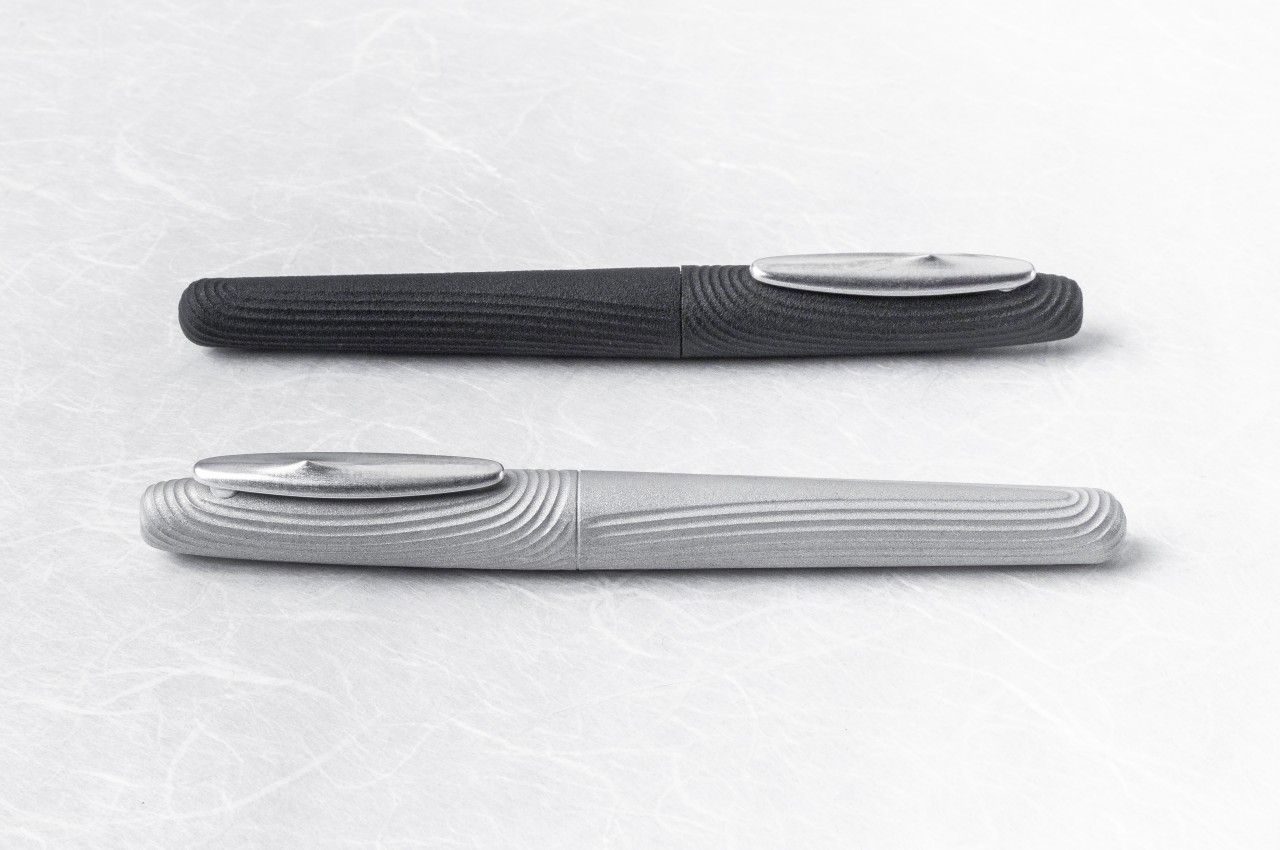

It’s almost miraculous how a dry landscape and a meticulous arrangement of stone in gravel or sand can nudge the mind into a meditative state. That, however, is the magic and science that Zen Buddhist monks have discovered and developed over centuries, combining contrasting elements, minimalist arrangements, and natural elements to design a space meant to inspire calm and maybe clear a few cobwebs inside the brain. The stillness of the rock standing amid the thin lines of movement drawn on gravel around it, the smoothness of the pebbles contrasting with the coarseness of the sand, and the presence of living trees or shrubs standing defiant on lifeless ground, all these elements work in harmony to take the mind for a peaceful journey.
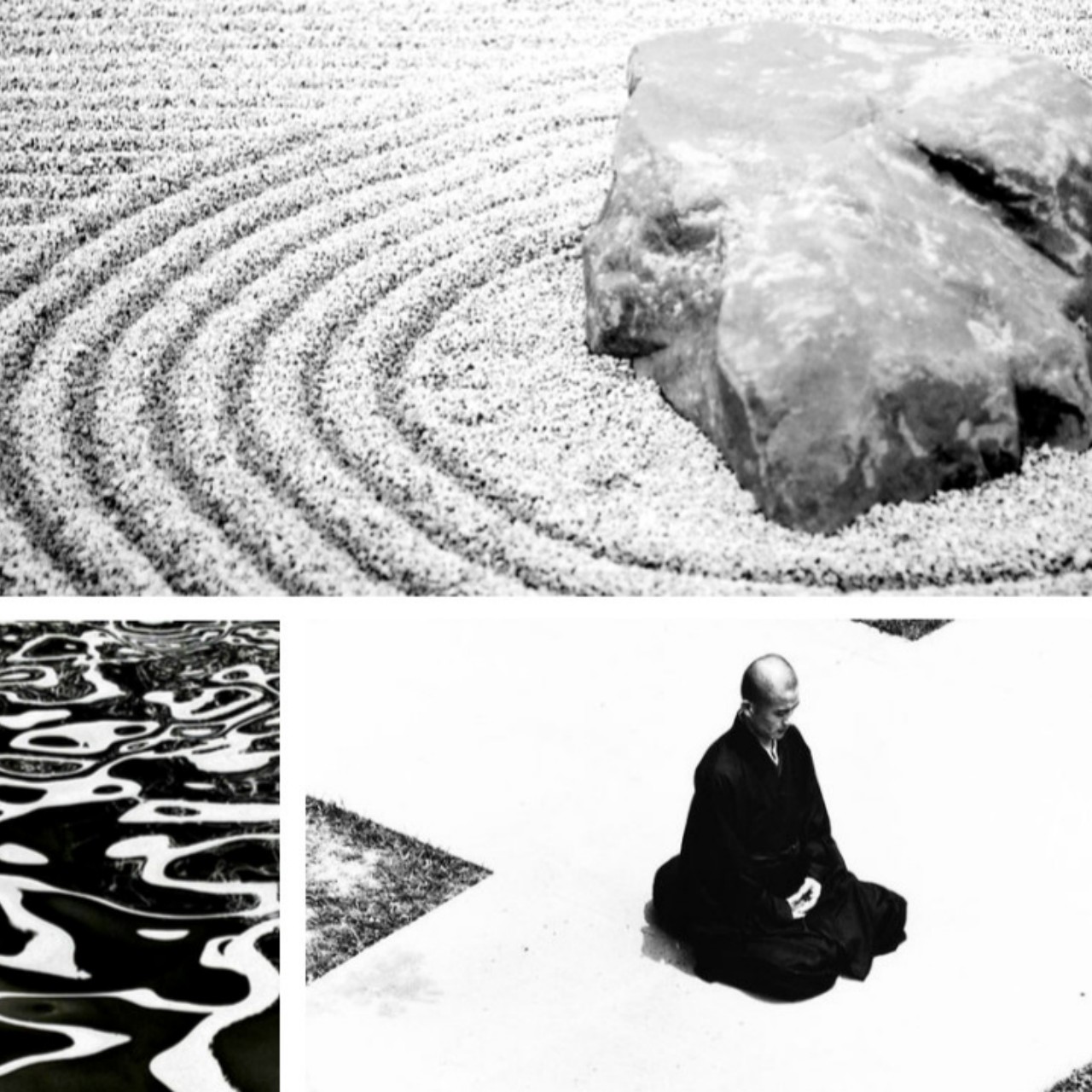
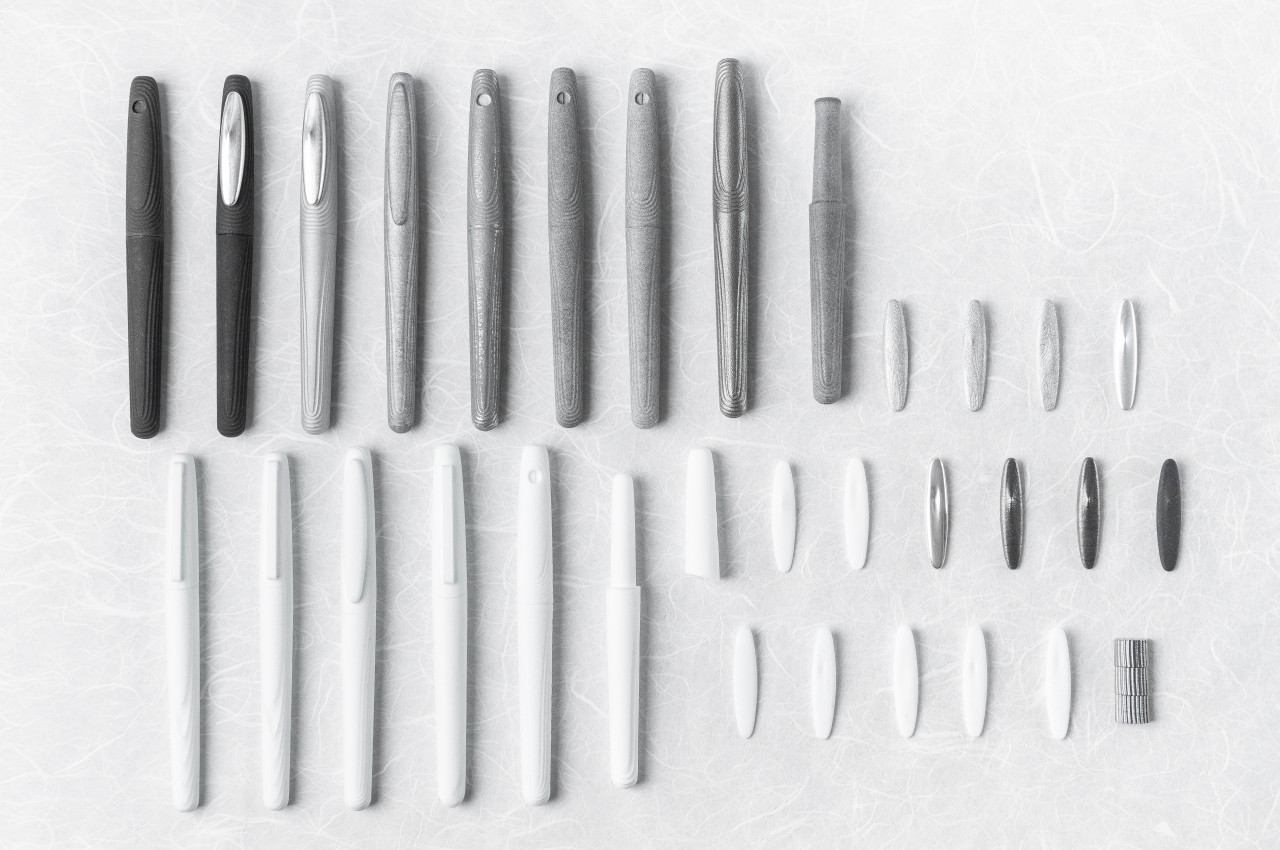
These rock gardens have become so popular that a few people have miniature Zen gardens on shelves or even their desks, but they can neither take these with them wherever they go nor always have them available when they need to. The Zen Pen tries to bring that same experience to an even smaller scale by recreating the key elements of a Zen garden in a way that you can see and feel in your hand. A part of that is clearly seen in the 3D-printed grooves that snake around the barrel and the cap, easily reminiscent of the thin lines and circles drawn on a rock garden.
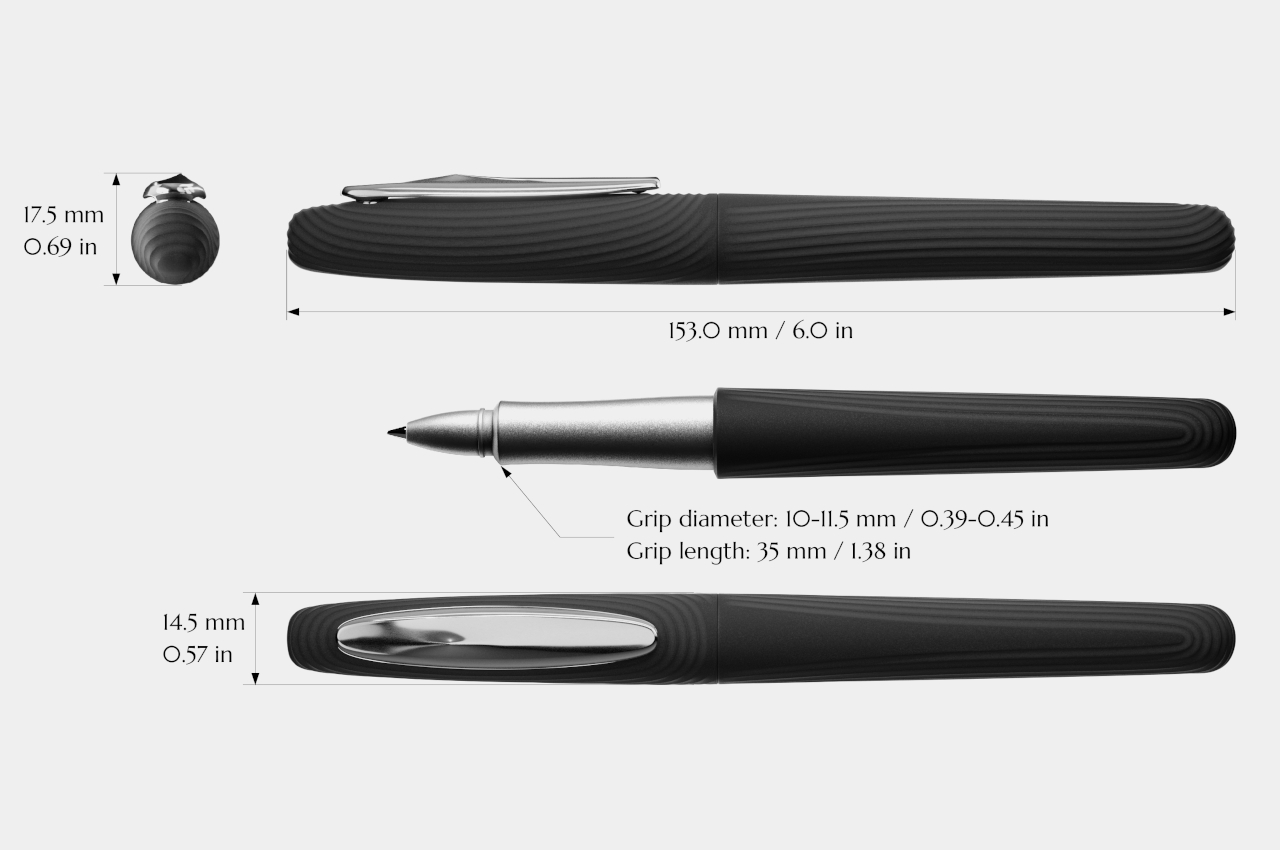
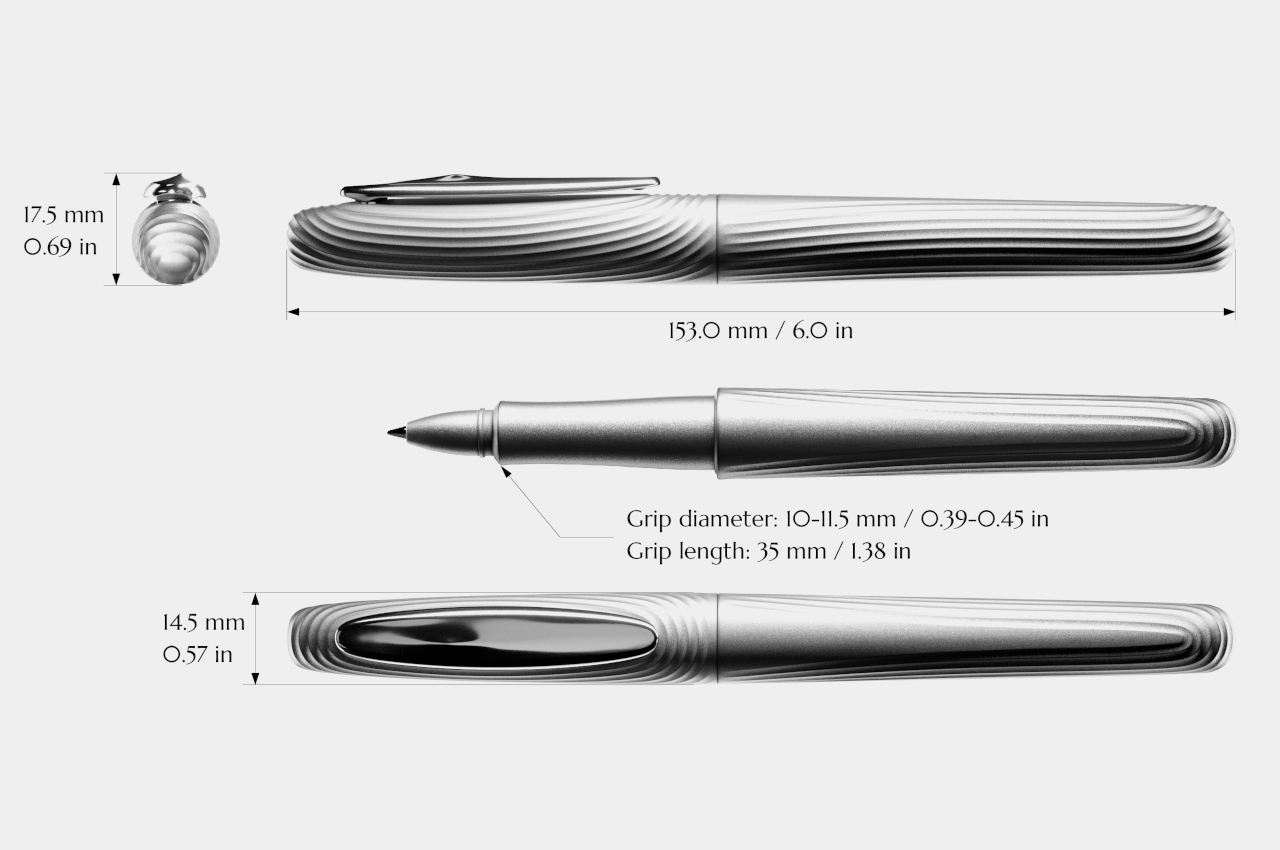
It doesn’t stop there, however. The clip, which is often regarded as a utilitarian element, also contributes to the composition. Its smooth, oval shape is like one of those rocks or pebbles lying on the gravel, and you can see the typical circles radiating from its position. That position is actually off-center, doubling down on the contrasting themes of balance and asymmetry associated with Zen gardens.
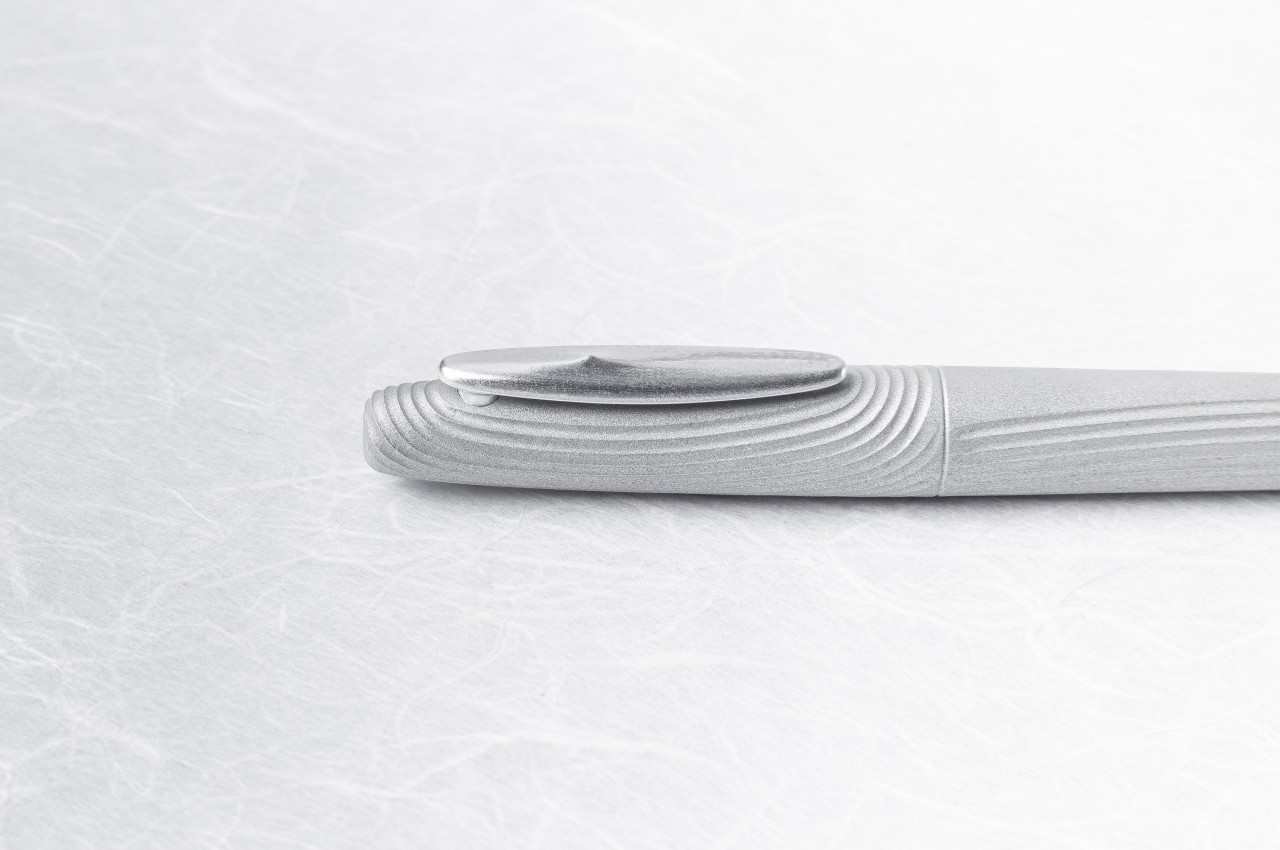

The Zen Pen isn’t just a visual treat but also a tactile one, thanks to the handiwork of skilled Japanese craftsmen utilizing modern technologies like 3D printing and milling. While the grip near the nib is smooth and plain in order to be comfortable to hold, the rest of the barrel and the cap feature this textured surface that delights the fingertips. And as many variations of fidget toys have proven, mindlessly stimulating those fingers, even just by gliding over those grooves, can also help stimulate the mind.
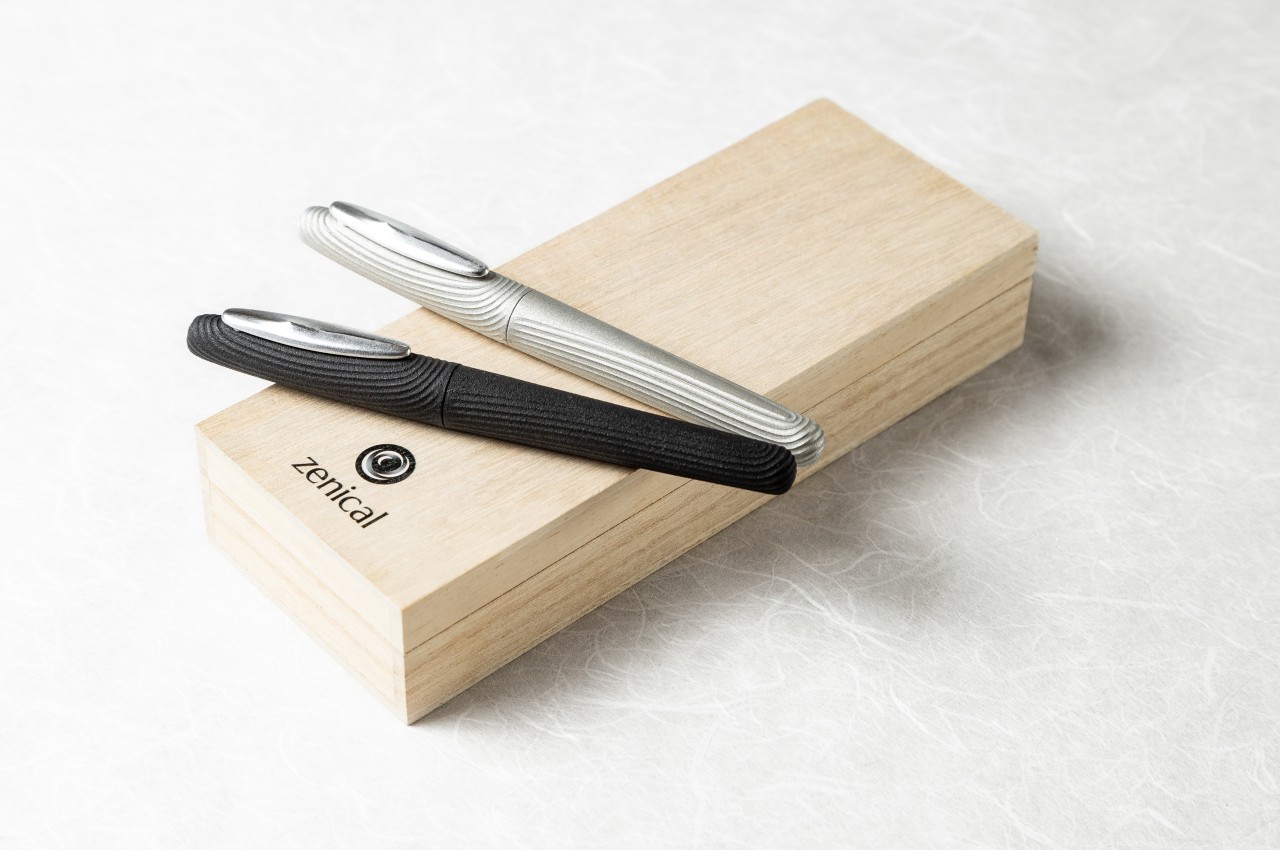
The post Zen garden pen brings a visual and tactile way to inspire mindfulness first appeared on Yanko Design.